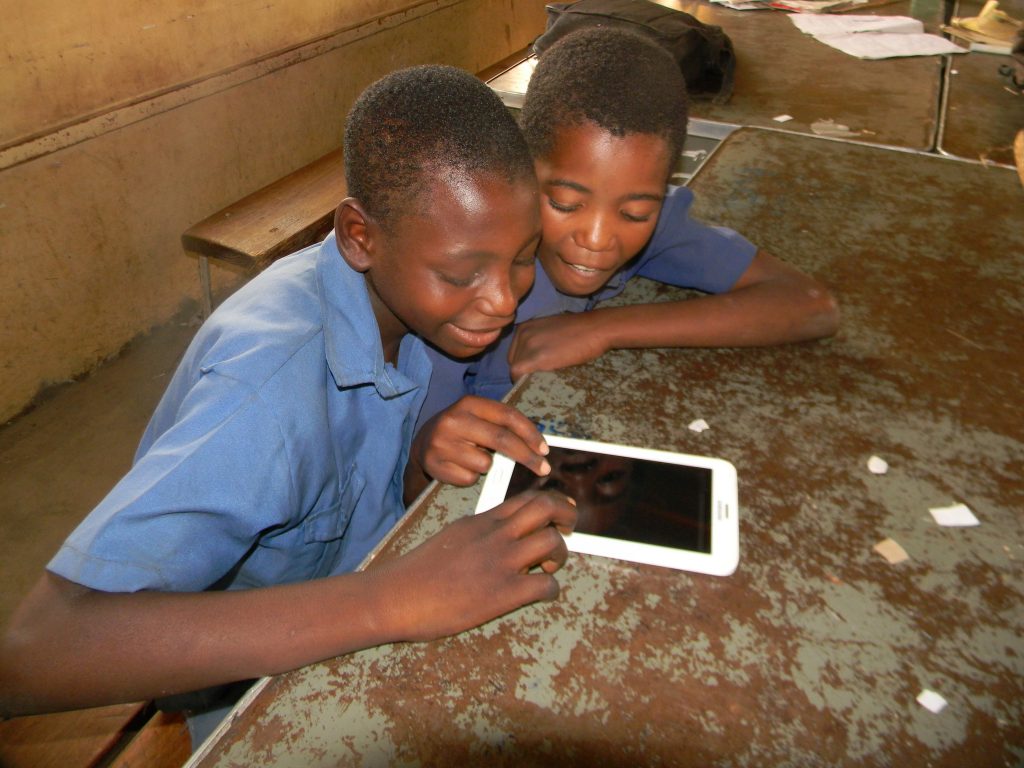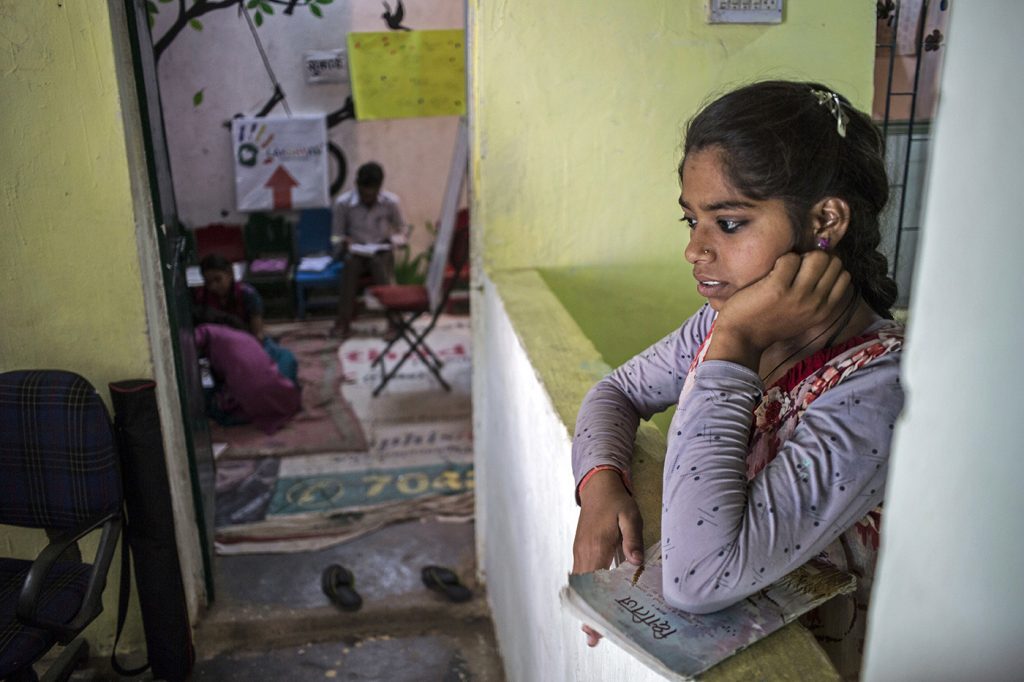To mark this year’s International Women’s Day, UIL’s gender focal point, Samah Shalaby, highlights how her colleagues progress gender equality in their work

The UNESCO Institute for Lifelong Learning (UIL), located in Hamburg, Germany, is one of UNESCO’s eight education institutes. As its name suggests, UIL’s area of specialization is lifelong learning. Through its capacity-building activities, knowledge sharing and dissemination of data, the Institute provides support to UNESCO Member States in the field of lifelong learning with a focus on learning ecosystems, skills for life and work, and inclusive learning. UIL operates at regional, national and local levels to facilitate learning across sectors. Through its partnerships, it works towards helping the global community achieve the UN Sustainable Development Goal (SDG) 4 on inclusive, equitable and quality education for all.
Continue reading


